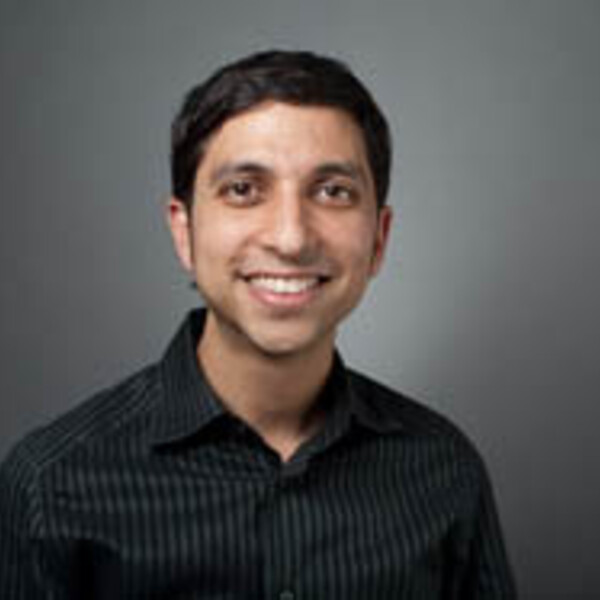Mobile Menu
- About Us
- Research
- Education
- Policy & Data
- News
- Resources
- Giving

If left unsolved, the problems of childhood malnutrition and obesity could lead to the next generation being sicker than the current one — reversing a century of constant progress in human health. This is what motivates Professor Onil Bhattacharyya to be part of the Lawson Centre and its mission to find meaningful solutions to childhood health and nutrition.
Bhattacharyya is an associate professor in U of T’s Department of Family & Community Medicine the Frigon-Blau Chair in Family Medicine Research at Women’s College Hospital. “I help design health services for people with complex needs based on their preferences and life goals,” he says. “While services for the highest users of the system may not seem relevant for the general population, the methods draw deeply on the user experience and provide insights into what motivates people, helping them lead a life that they value.”
Bhattacharyya does research in high- and low-income settings in Canada and abroad. “Our insights on education, the environment and changing the behaviour of families could be applied to different regions of the world to prevent the rise of childhood obesity that we are seeing in adults in low- and middle-income countries.”
He says he is excited about the potential of the Lawson Centre, which brings together diverse perspectives and areas of expertise.
“We often bring a narrow biomedical lens that proposes technical solutions to problems that are driven by culture, public policy, economics, marketing, and the psychology of individuals and groups,” Bhattacharyya says. “A team of colleagues with these skills can ‘stress-test’ my ideas and lead me to less obvious and more innovative solutions.”
Bhattacharyya likes to delve into complex problems and look for solutions. He says the steps of discovery, ideation and rapid testing are thrilling, particularly when they are relevant to the problems of patients he sees in the clinic. “Presenting problems and potential solutions to policymakers makes this work feel like it’s not just an intellectual exercise, but rather a way to improve systems and the health of populations.”
Based on years of research and clinical practice, Bhattacharyya has some advice for families on health and nutrition. “Think about where you live, how you get around, and what goes in your cupboard, because that — more than willpower — determines what goes in your mouth and stays on your waist. Make a balanced life, driven by your own values, a priority and model this life for your children.”
